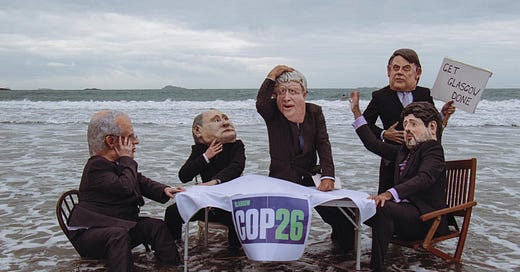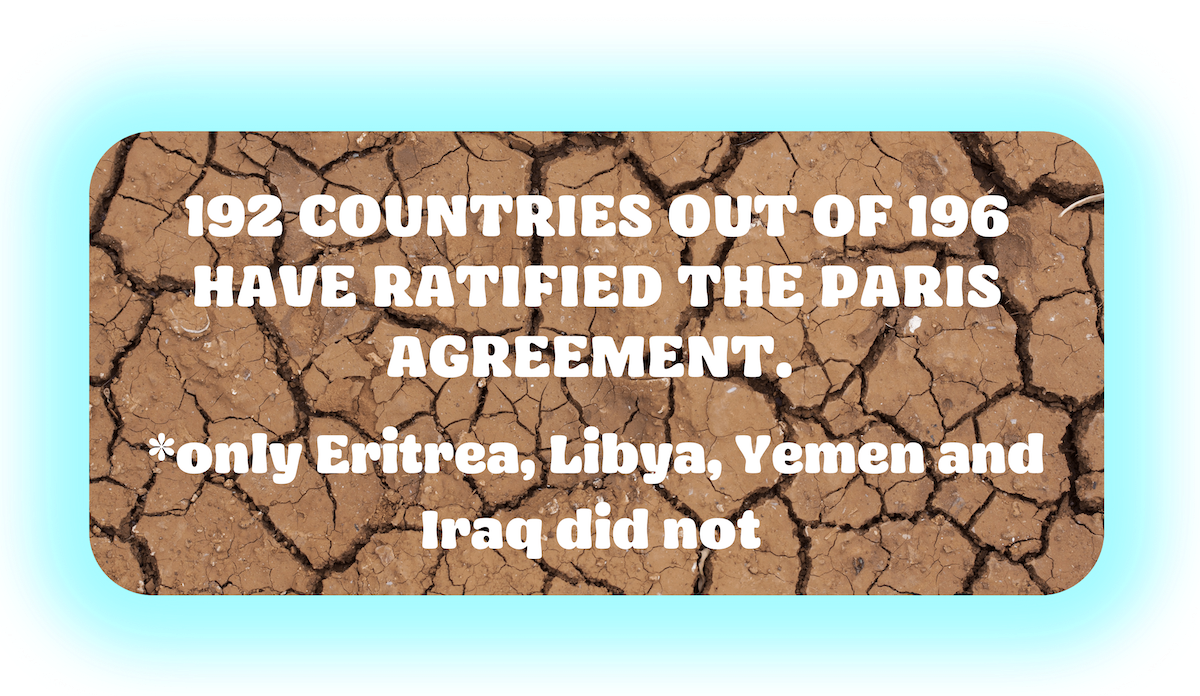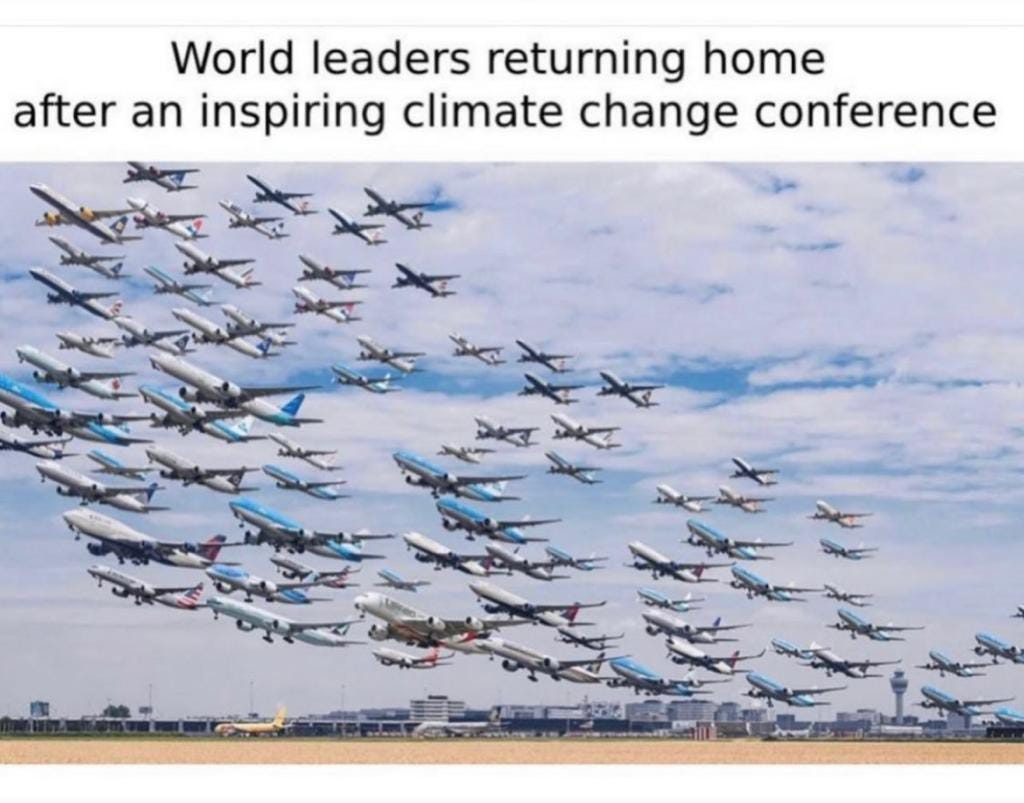COP26 or COP-OUT?
So COP26 is pretty important. Did you know that for countries to reach the Paris Agreement targets they have to lower emissions by 45% —compared to 2010 levels—by 2030? Yet somehow emissions keep rising.
Despite these huge shortcomings, not everyone is in Glasgow. The leaders of China, Russia, Mexico, Brazil, Turkey and South Africa didn’t even show up.
But don’t worry, there are plenty of good news too. We wrapped up week 1 of COP26 for you…
First the good news…
20 countries—including Canada, UK, USA & Italy— pledge to stop financing fossil fuels abroad
103 countries signed up to lower methane emissions by 30% by 2030
Over 40 countries & organizations pledge to end coal by 2030 (the pledge was not signed by Australia, India, China or USA)
The US rejoins the High Ambition Coalition —the group of developed and developing countries that pledged tougher commitments to reach 1.5°C goal
World Leaders agree to end global deforestation by 2030 in the Glasgow Leaders’ Declaration on Forest and Land Use
450 financial institutions with assets worth $130tn pledge net-zero emissions by 2050 in the The Glasgow Financial Alliance for Net Zero (GFANZ)
World leaders plan to rapidly drive down of clean technologies in the The Green Grids Initiative.
*all of these agreements and commitments are voluntary. Technically The Paris Agreement is legally binding, yet clearly all signatory countries are well behind reaching the 45% emission cut by 2030. So how do we ensure that countries and institutions stay true to these pledges? Or is it again all blablabla?
Then the bad news…
The Gambia is the only country in the world on track to reach its Paris Agreement target—check out how all other countries are doing here.
Small print gives Indonesia a way out of coal deal.
Glasgow Jets
COP26, where world leaders come together to discuss CO2 emission reduction has officially arrived.... on private jets.
Yes, you read that right.
A flight tracking website estimates that in the last 5 days over 182 chartered flights landed into Glasgow, Prestwick and Edinburgh airports.
That’s not all, chartered cargo planes carrying private helicopters and cars to escort the elite to and from the conference were also flown in from across the world.
On average a single one-hour private flight emits two tonnes of carbon emissions— which is 1/4 of the carbon produced by the average European in a whole year.
Perhaps our leaders should take a little trip back to 5th grade science and realize that COP26 is all about lowering every single pound of GHG emissions…

Indigenous Voices vs. World Leaders
The famous Paris agreement legally states that indigenous knowledge is vital for conserving the environment, yet their voices are silenced at COP26. The excuse? Visa restrictions and lack of proper COVID-19 vaccine distribution.
“Indigenous people are more visible but we’re not taken any more seriously; we’re romanticized and tokenized. They’re trying to collect and preserve indigenous knowledge while continuing to leave us out of the actual decision-making and positions of power. It’s the only lever we have to hold states and governments accountable, but it’s the same paternalistic system as ever. We’re set up to fail, so that’s where civil society must come in.”—said Eriel Tchekwie Deranger, executive director of Indigenous Climate Action








